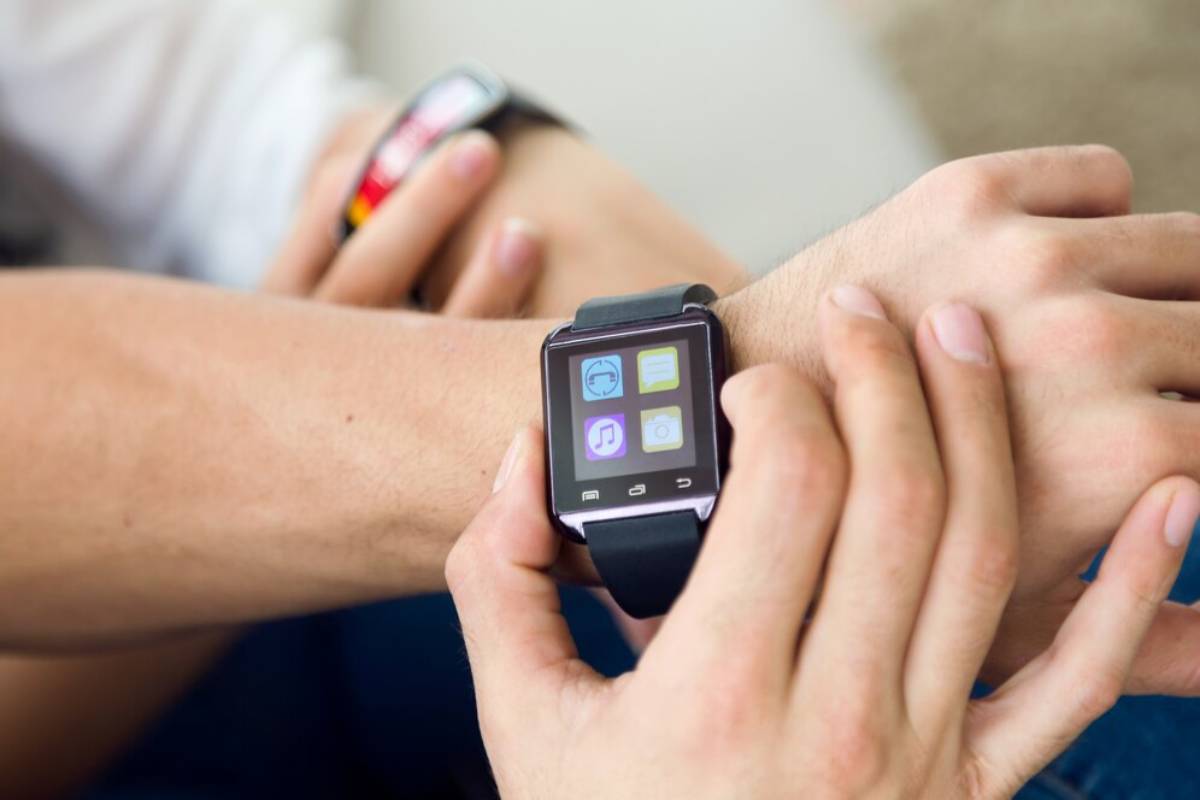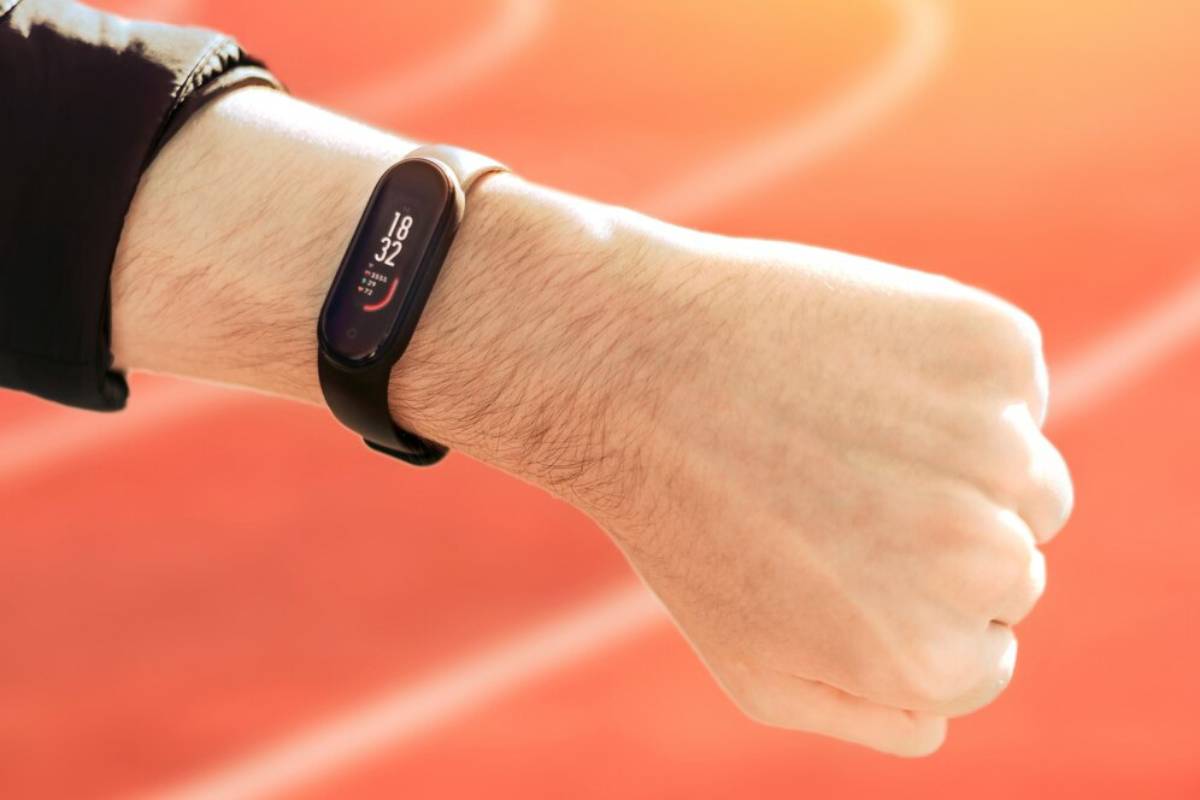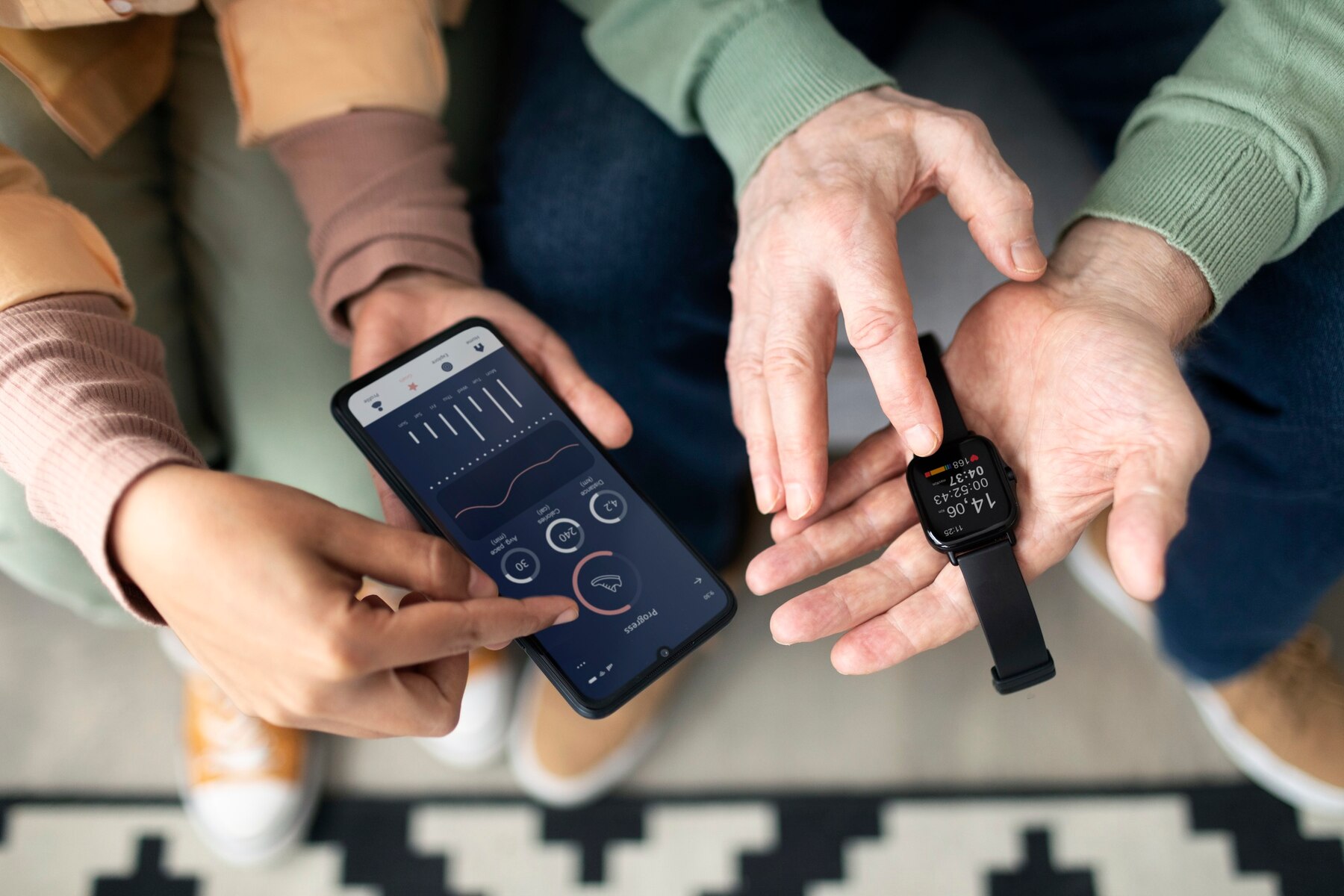
Fitness Trackers vs. Smartwatches: Which Offers Better Value?
Wearable technology has transformed from a fad into a life-altering phenomenon in our increasingly interconnected world. Fitness trackers and smartwatches transform our relationship with our health and digital worlds. They track heart rates and allow us to take calls on our wrists. However, when you decide between both, many scratch their heads, wondering which value is better.
In this guide, we’ll explore each option’s features and trade-offs. Whether you want to reach your wellness goals or need a tech companion, we can help you find the right wearable.

Understanding the Core Differences
Before we jump into features and specifications, let’s define what sets fitness trackers and smartwatches apart at their core.
What is a Fitness Tracker?
A fitness tracker, sometimes called an activity band, is primarily designed to monitor physical activity. Its key focus is health and wellness.
Typical features include:
- Step and distance tracking
- Heart rate monitoring
- Sleep analysis
- Calorie counting
- Exercise reminders
Fitness trackers are generally more lightweight, sportier in design, and budget-friendly.
What is a Smartwatch?
On the other hand, a smartwatch is a mini-computer for your wrist. While it may include many fitness functions, it offers far more connectivity and apps.
Standard smartwatch features include:
- Phone notifications (texts, emails, calls)
- Music streaming
- Navigation/GPS
- Voice assistants (e.g. Siri, Google Assistant)
- App support (weather, calendars, etc.)
Smartwatches often come with vibrant touchscreens, stylish designs, and the ability to operate semi-independently from your smartphone.
Feature Comparison: Which One Excels Where?
1. Health and Fitness Tracking
Fitness trackers generally have the edge if your primary goal is monitoring your health. They tend to provide:
- More accurate fitness metrics due to their focused sensors
- Longer battery life, ideal for sleep and heart rate monitoring
- Lightweight comfort during workouts or sleep
That said, high-end smartwatches like the Apple Watch Series 9 or Garmin Venu 3 now offer comparable (and sometimes superior) metrics.
2. Smart Features and Connectivity
Smartwatches are the clear winners when it comes to smart integration.
- Message notifications and call support directly on the wrist
- Access to apps from calendars to maps
- Bluetooth music control and playback
Fitness trackers with innovative features (e.g. Fitbit Charge 6) offer basic notifications without full integration.
3. Battery Life
This is where fitness trackers shine. Their stripped-back functionality allows for long-lasting battery life, often from 5 days to 2 weeks.
By contrast, smartwatches usually need charging every 1–3 days due to their powerful displays and background apps.
4. Design and Comfort
Fitness trackers tend to be:
- Slimmer
- Lightweight
- Often more comfortable for sleep and workouts
While more robust, smartwatches now come in a wide range of designs, from sporty to luxury, and can even be customised with different watch faces and straps.
5. Price and Value
Fitness trackers are typically priced between £30 and £150, while smartwatches, depending on brand and features, can range from £150 to £600+.
A fitness tracker may offer better value for money if you’re purely focused on health tracking. However, if you’re seeking an all-in-one device that doubles as a productivity tool, the extra investment in a smartwatch could be justified.

Popular Options in 2025
Here’s a quick look at some of the most talked-about devices this year:
Top Fitness Trackers:
- Fitbit Charge 6 – Excellent for holistic wellness tracking
- Xiaomi Smart Band 8 Pro – Affordable and feature-packed
- Garmin Vivosmart 5 – Ideal for serious athletes
Top Smartwatches:
- Apple Watch Series 9 – Premium features with seamless iOS integration
- Samsung Galaxy Watch 6 – Best for Android users
- Garmin Venu 3 – Smartwatch with advanced fitness metrics
Real-World Use Cases
Let’s consider two personas to understand the difference in value:
Scenario 1: The Everyday Exerciser
- Sarah walks daily, occasionally does yoga, and tracks her sleep. She doesn’t need to check texts on her wrist.
- Best Fit: A mid-range fitness tracker like the Fitbit Charge 6 gives her everything she needs at half the price of a smartwatch.
Scenario 2: The Busy Professional
- James juggles meetings and emails and runs during lunch breaks. He needs quick access to calls, calendar reminders, and Spotify.
- Best Fit: A smartwatch like the Samsung Galaxy Watch 6 offers the seamless connectivity and robust health tracking it needs.
Hidden Costs and Considerations
- Compatibility: Some smartwatches work best within their ecosystem (e.g. Apple Watch + iPhone).
- Subscription Services: Fitbit and other brands may offer enhanced metrics via paid plans.
- Durability: Trackers are often more rugged and water-resistant by default.

Tips for Choosing the Right Device
Here’s a simplified checklist to guide your decision:
Choose a Fitness Tracker if you want:
- Budget-friendly option
- Longer battery life
- Comfortable and simple design
- Core health metrics only
Choose a Smartwatch if you need:
- All-day connectivity and apps
- Phone call and message access
- A mix of productivity + fitness tools
- The sleek, statement-making design
Making the Smart Choice
The debate over fitness trackers versus smartwatches comes down to your needs and lifestyle — what you want is what makes something the “better value.” A fitness tracker is probably your best bet if you want a dedicated budget-meeting tool to help you achieve your fitness goals. A smartwatch is a good move if you’re looking for a gadget that emphasises tech, health, and productivity in one device.
What we love most about the wearable tech landscape coming in 2025 is the diversity — this is no longer a one-size-fits-all situation. Instead, it’s about finding the right fit for your goals, habits, and daily routines.
Ready to upgrade your wearable game? Explore the latest models and step towards smarter, healthier living today.
